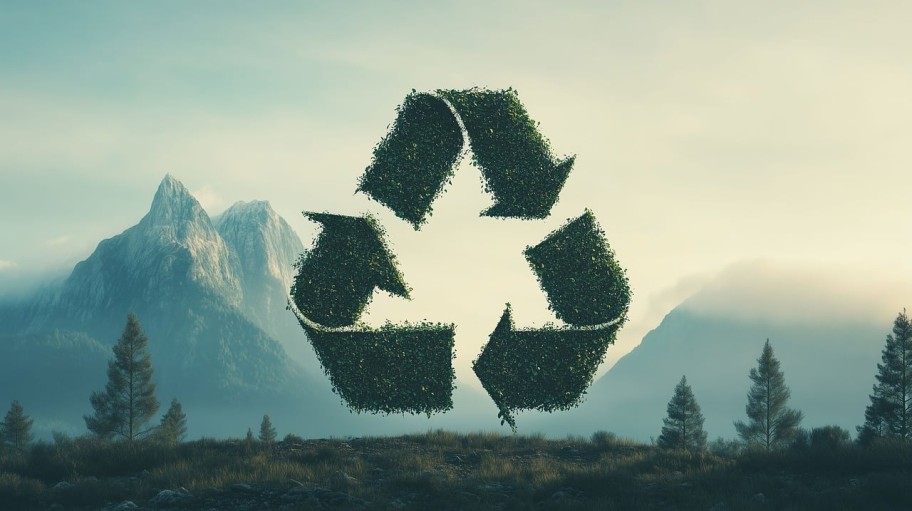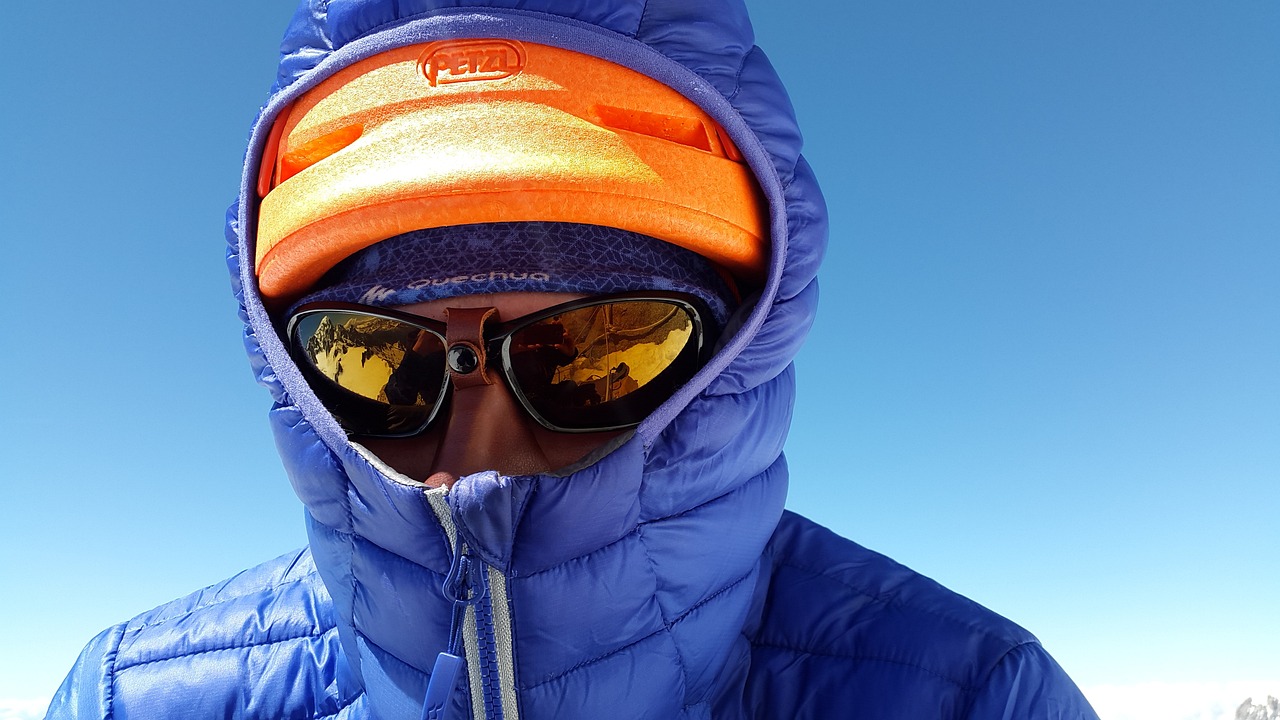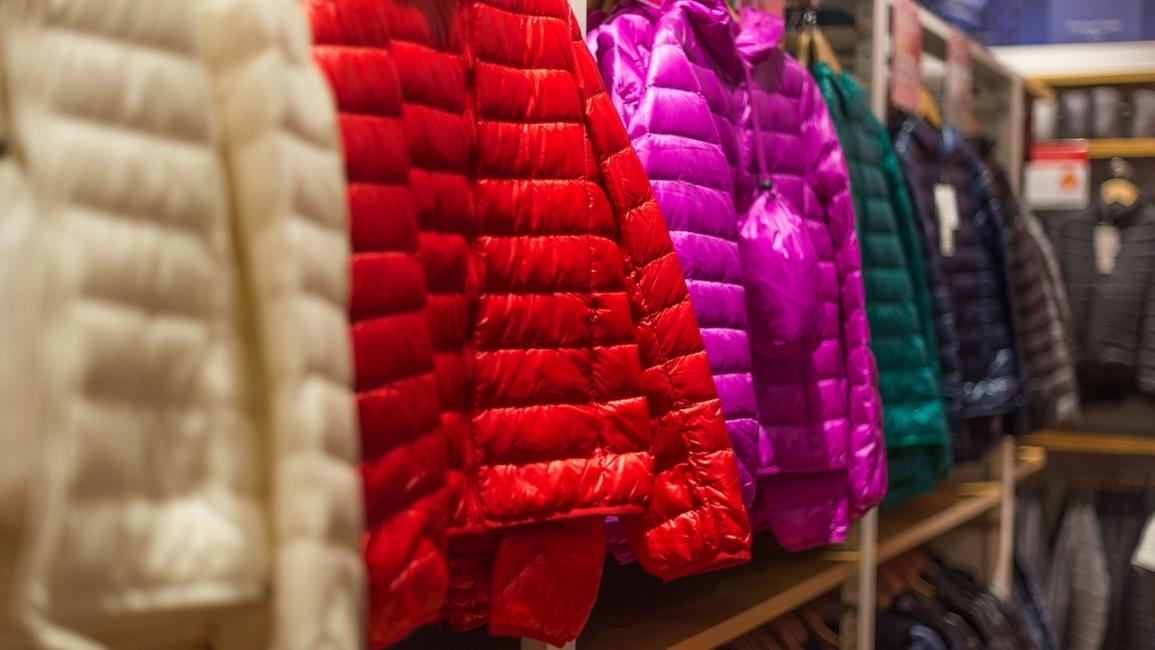Redefining Outdoor Gear Through Upcycling

Insights from Industry experts Lauren Mason (founder of ReTribe) and Becky Kirby (founder of Sheffield Clothing Repair), written by Hannah Baldwin
In the heart of every adventure lies a deep connection to nature—a bond that inspires outdoor enthusiasts to explore, challenge themselves, and revel in the great outdoors. However, as our love for adventure grows, so does the environmental impact of the outdoor gear we rely on.
Picture vast mountain ranges, lush forests, and pristine lakes—the backdrop of countless outdoor adventures. Yet, beneath this beauty lies an unsettling truth: the outdoor industry contributes significantly to waste and pollution.
We’ve explored the transformative journey of recycling and upcycling outdoor clothing, showcasing how the outdoor community is embracing sustainability to protect the planet we cherish.
ReTribe clothing Ltd, based in Sheffield, UK, aims to reduce what goes into landfill by giving material a new purpose, producing outdoor lifestyle products from salvaged tents and outdoor equipment that has reached the end of its intended life. Their customer base of predominantly outdoor enthusiasts cares about sustainable practices and is willing to purchase upcycled gear for their future adventures. Lauren, the founder of ReTribe, believes there is a positive shift towards companies working in more sustainable ways. However, she suggests there is still a long way to go.
“It’s a big shift for companies sourcing strategies, growth plans and consumers shopping habits. Large Companies I believe that are making good purposeful changes are Patagonia, RAB, and Alpkit. However it’s the smaller companies like us that are the real innovators. Check out Dirt Bags, Foxy Rocks, and Scavenger to see the real change makers in the outdoor industry. Like us they all produce from the waste the outdoor industry creates.”
ReTribe hold workshops in their HQ in Sheffield to teach their customers the skill of sewing and upcycling, encouraging and educating the consumer.
When asked if a circular economy in the outdoor industry is possible, Lauren remains realistic:
“Not fully. There will always be a need for new products as old materials decay and become unusable. Polyester and nylon, for example, take 200 years to decompose, but coatings and taping will need replacing. Plus, extreme outdoor activities, like climbing Everest, require gear that won’t fail, and no circular method currently meets that standard.”
Lauren outlines two critical steps for big brands to drive a more sustainable, circular future:
Degrowth: “Planning to buy and sell less. I doubt that is ever going to go down well in a board room but it’s the stark honest truth. To have less produced, shipped, for sale, companies have to buy less. The main issue with this is less profit, less cash, less jobs, etc. I can’t see this happening for many. I do like Patagonia's advert “you do not need to buy this” but the love of their message I fear has the adverse effect.”
Local Production: “Companies should produce where they sell. UK-based brands, for example, should invest in domestic production. This would create local jobs, increase skills, and reduce carbon emissions from shipping. While costly and slow to implement, it’s a vital move toward sustainability. Every freight container emits 221 million tonnes of carbon dioxide per shipment—just so people can wear the latest branded jacket.”
Becky Kirby, owner of Sheffield Clothing Repair, echoes these sentiments. Operating since 2020, her business specialises in repairing technical outdoor garments and everyday clothes.
Becky agrees there has been a positive shift in consumer attitudes towards sustainability in the outdoors, although feels the message should be more directed around keeping our existing clothing in service as long as possible, and if we absolutely must purchase a new item, buying one that is built to last, and is produced as close to home as possible.
Community Initiatives Leading the Way
Both Becky and Lauren highlight various community initiatives encouraging responsible consumption. Re-Action Collective, for instance, unites small businesses and individuals worldwide to focus on recycling, salvage, and repair in the outdoor industry. Closer to home, Outside Ltd in Hathersage resells donated gear with proceeds going to charity.
Sheffield Clothing Repair recently hosted a successful repair day at A Different Gear in Heeley and plans to introduce repair workshops in 2025 for both adults and youngsters.
The Path Forward
Achieving a fully circular economy may not be immediately feasible, but the growing dialogue around repair, sustainability, and circularity offers hope. Becky believes that education, especially for younger generations, is crucial.
“Schools are introducing these topics, so kids are learning how to make a difference from an early age. It’ll be these kids that strive for and achieve a circular economy further down the line.”
As a new year begins, outdoor enthusiasts can reflect on their relationship with nature and make resolutions that contribute to sustainability. Committing to repairing gear, purchasing upcycled products, or supporting local, ethical brands adds momentum to the movement. Together, we can redefine the relationship between adventure and nature, ensuring the landscapes we love remain pristine for generations to come.
If you’d like to hear more about what ReTribe and Sheffield Clothing repair are doing check out their instagrams at:

